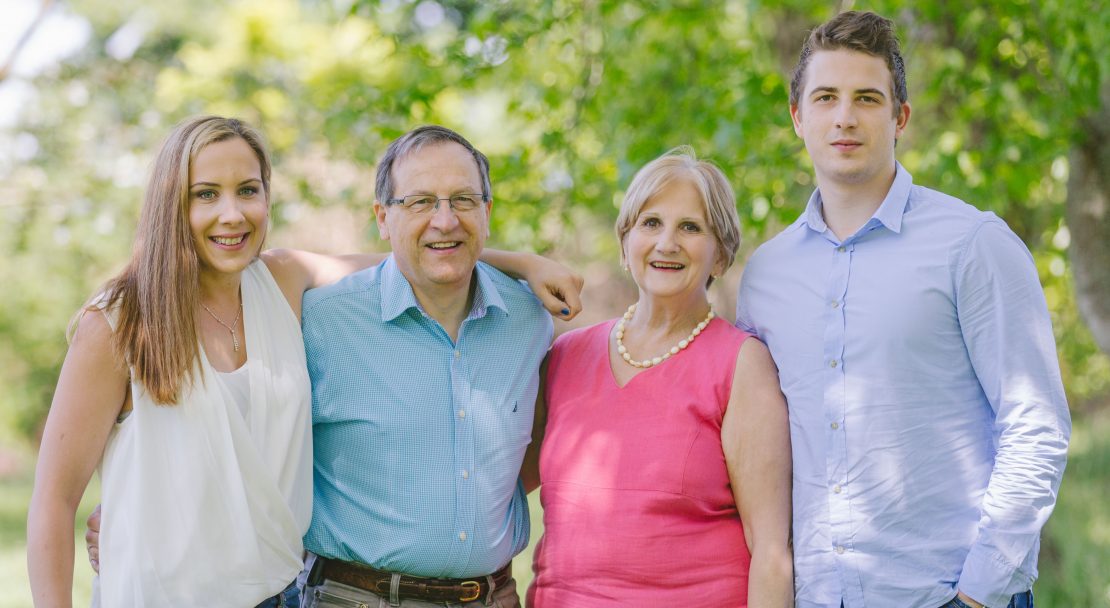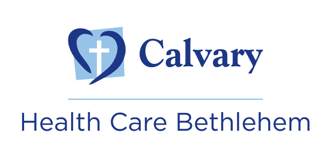A family’s experience of what matters most to live and die well.
Bryan Handson teaches arts and technology. His late wife, Christine, shared his passion for teaching. She taught home economics for 11 years and then became a special education teacher. Christine continued teaching for seven months after her diagnosis with motor neurone disease. She died a year later, in 2016, at the age of sixty-one.
Bryan describes Christine as very kind and community-minded.
“She was devoted to the children who needed special education. Christine also helped people needing accommodation and support as a volunteer at the local community centre.
Positive attitude and palliative care helpful
“Christine accepted her diagnosis and never complained. She continued working as long as she could,” Bryan says proudly.
The Motor Neurone Disease Association and many other community agencies worked together to assist Christine and Bryan. This included community and respite palliative care by Calvary Health Care Bethlehem, which also specialises in the care of people with neurological conditions.
Equipment and technological devices helped Christine to maintain her mobility and communication. A ramp was installed and suitable bed provided.
“Christine couldn’t talk in the final six months. She had speech slurring. But Christine helped pioneer the communications device she used to speak and email,” says Bryan.
Christine lived at home until the last four months of her life, when she lived at Calvary Health Care Bethlehem where the staff knew her well.
“Calvary was like home. It was friendly and welcoming. We had a beautiful room to ourselves. That made a difference as Christine loved having lots of visitors. I made her room homely with photographs and flowers. I brought plenty of books for Christine to read,” Bryan recalls.
“We had a big whiteboard in front of Christine’s bed. She loved that. She watched things unfold in front of her and she would absorb and understand it.
“All the staff loved Christine. They put in extra time after their shift to spend time with her. We had many conversations and laughs. We enjoyed special relationships with some of the nurses.
We felt loved throughout the process. It grew stronger over time. It helped bring our family together,” says Bryan.
A special family time
Bryan remembers special moments during Christine’s last months of palliative care.
“The key to palliative care is to have a sense of humour and a laugh. We went to a comedy festival event with Christine in a wheelchair. Two colleagues and their wives helped us. It was fantastic.
“Our daughter, Kelly, discovered she was pregnant. Christine went to her wedding. After the birth of her baby, Kelly visited Christine at Calvary. Christine loved seeing little Tex. Calvary staff kindly let us visit at any time so Christine could see him as often as possible,” recalls Bryan.
Bryan describes their palliative care experience as valuable.
“It gave us time to be together and to grieve together. It was our last precious time together. It formed our memories and strengthened us as a family,” says Bryan.

